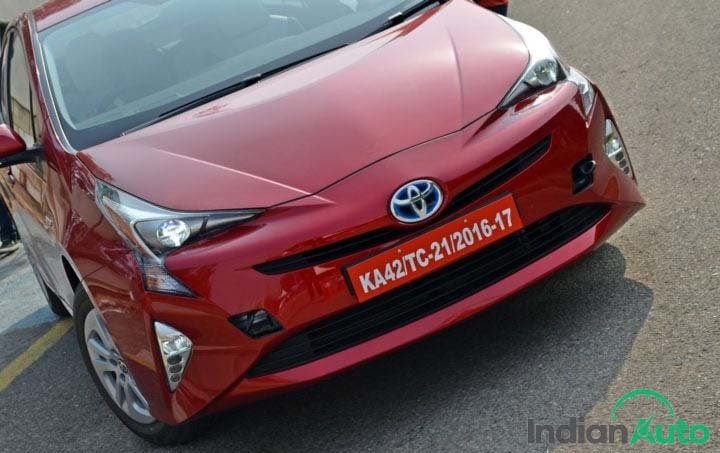Popular News
YOU MIGHT BE INTERESTED IN
Every New Car Sold in 2040 Could be a Toyota!
by Yatharth Singh Chauhan |
18/02/2020
While Tesla’s Secret Master Plan, Part Duex, makes incredible sense, Toyota could have the ultimate laugh with its future modus operandi






 Follow us on google news
Follow us on google news
